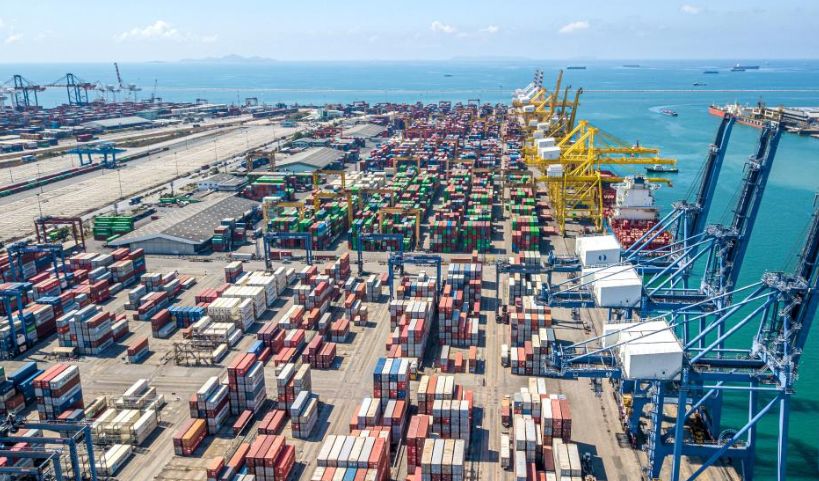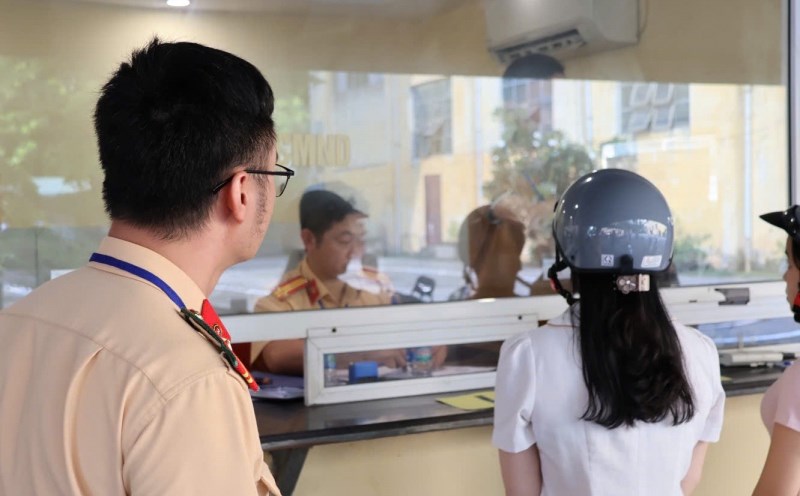The Thai government has said it will not agree to reduce tariffs to 0% on all imports from the US as part of bilateral trade talks, amid concerns about potential consequences for strategic manufacturing industries and domestic enterprises - Bangkok Post reported.
Speaking before the meeting with the US Trade Representative Office (USTR) on July 17, Deputy Finance Minister of Thailand Paopoom Rojanasakul emphasized the importance of maintaining a balance between export protection and ensuring livelihoods for farmers, small businesses and domestic producers.
The winner of the negotiations is not the one who gets the lowest tax rate, but the one who gets the most balanced result, Mr. Paopoom said.
Currently, the average tax rate for Thai exports to the US is estimated at about 36%. According to Mr. Paopoom, discussions are ongoing towards more favorable conditions, but any concession related to the US tax cut will come with the requirement to increase access to the Thai market for US goods - which could put significant pressure on domestic industries.
We cant just look at the tax rate, he warned. Every transfer has its price. If we want the US to reduce taxes, we also have to open the market. This is not simple.
The Deputy Finance Minister also denied the possibility that Thailand will pursue a comprehensive tax exemption policy for US goods. According to him, this could cause US goods to flood into the domestic market, weakening the supply chain and competitiveness of Thai businesses.

Mr. Paopoom especially emphasized the role of strategic products - essential goods for national interests - which need to be excluded from tax exemption commitments.
Thailand does not only have exporters. We have farmers, small and medium-sized enterprises, livestock farmers, all of whom need to be protected, he said.
Meanwhile, Trade Minister Jatuporn Buruspat confirmed that Thailand has proposed cutting import tariffs to 0% for tens of thousands of goods from the US and is continuing to send further proposals. However, he also directed relevant agencies to develop response plans in case the US imposes retaliatory tariffs on Thai goods.
According to Mr. Jatuporn, the government is currently preparing for two scenarios: One is that Thai goods are still subject to the current 36% tax; the other is that it can be reduced to 20%.
Chanintr Chalisarapong, Vice President of the Thai Chamber of Commerce, said that Thailand plans to lift tariffs on 90% of US goods, up from the previous 60%, including about 10,000 items. It is expected that if this plan is approved, it could help reduce the $46 billion trade surplus with the US by 70% within 3 years.
Mr. Chanintr said that if negotiations are successful, the tax rate could eventually be lowered to 18-20%.











